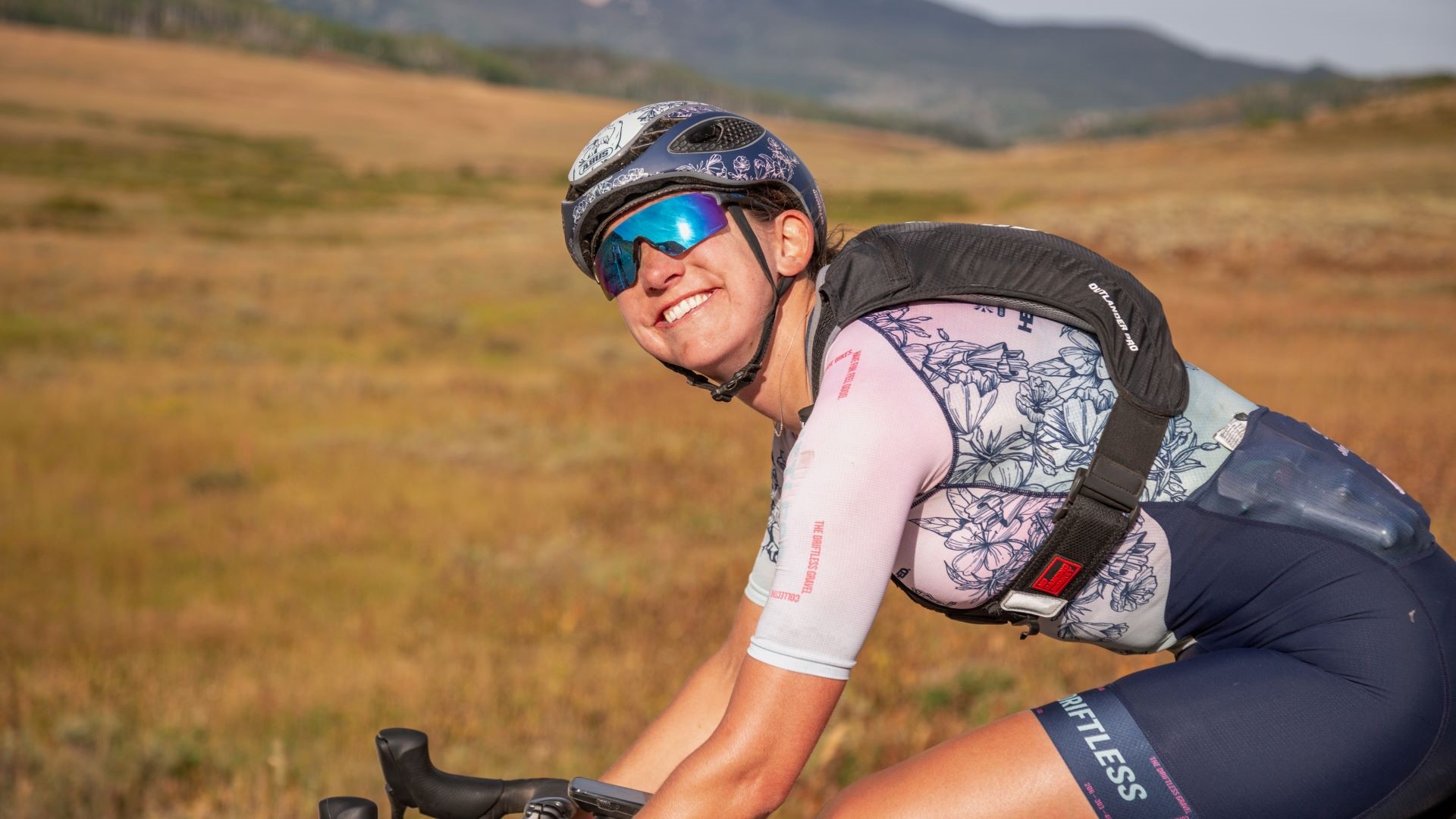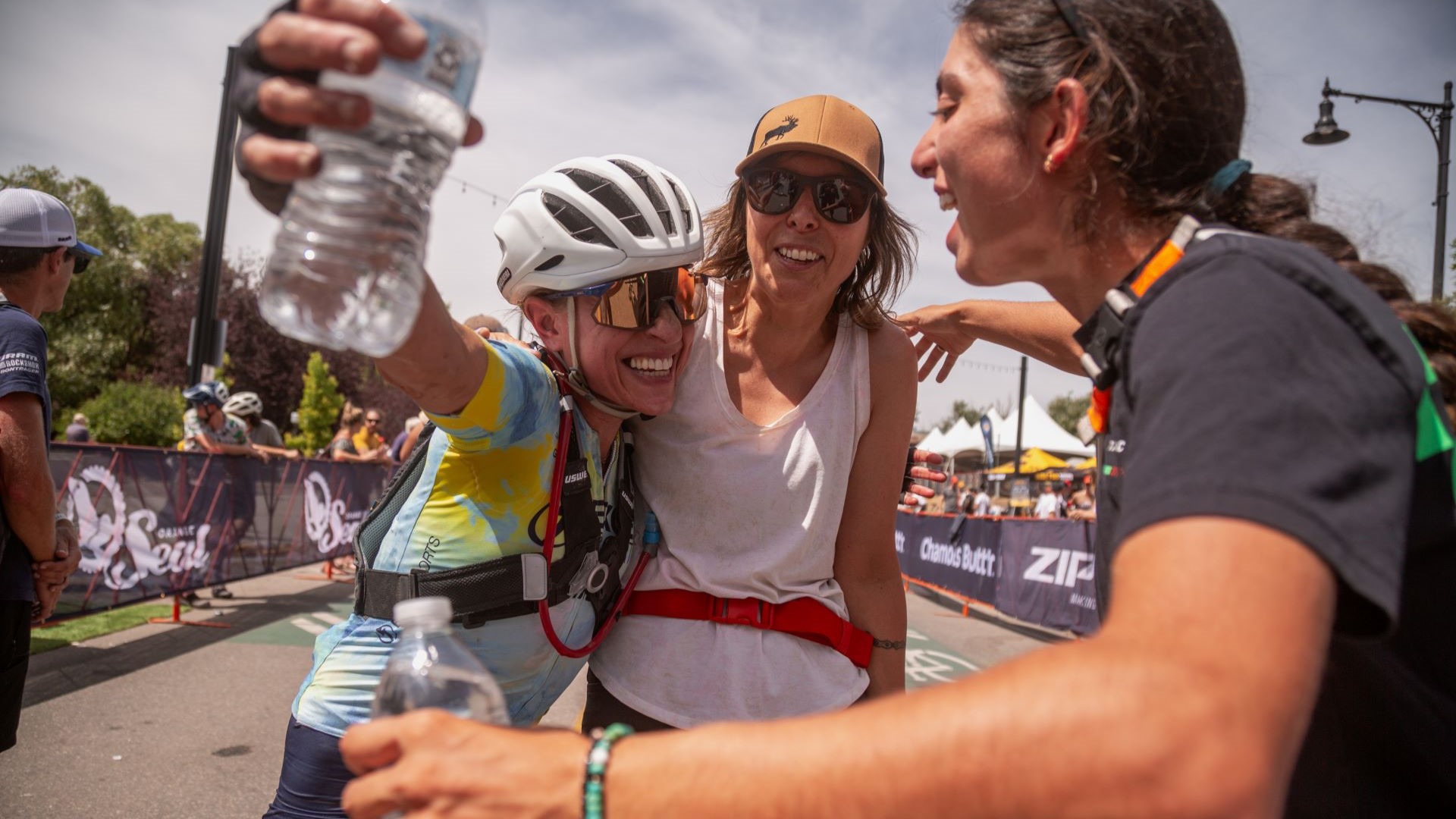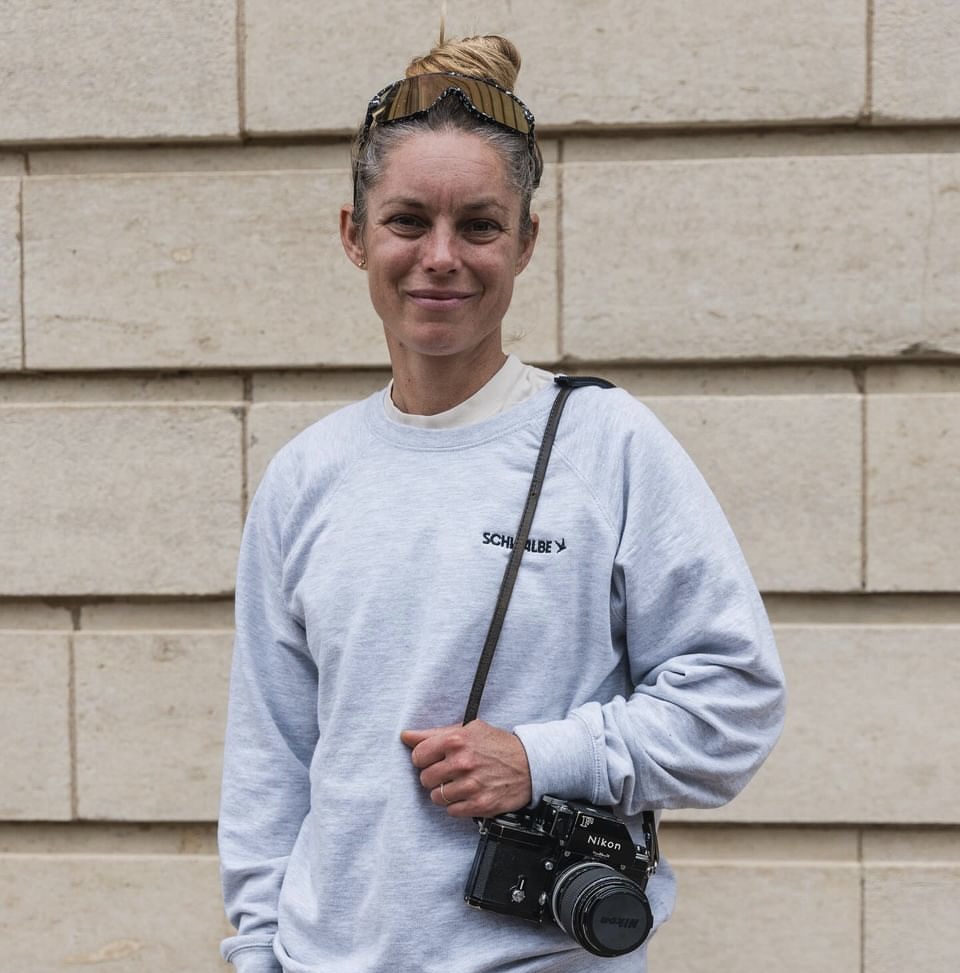'Road racing is notoriously unfriendly' - how women’s participation in gravel cycling is changing the sport worldwide
‘In gravel, everyone's welcome! And I absolutely love that and I never want that to change,' says SBT founder Amy Charity


Around the world, there is momentum to increase women’s participation in sports. But a significant gender gap still exists, particularly in cycling where, according to race promoters, female participation in cycling events is typically between 20-30 percent of registered riders. However, as more attention is being given to women in sport, is it possible that gravel riding is providing the much-needed pathway to increase the number of women in cycling?
In a recent study, researchers in Queensland, Australia, found that female cyclists tend to prefer off-road riding compared to their male counterparts. Compared to road riding, off-road riding, or what most people consider gravel riding, feels more accessible, inclusive, and supportive. The gravel discipline, booming in popularity, provides all people, regardless of age, ability, or gender, an opportunity to get outside and explore. Around the world, event organisers are using the momentum to increase women’s participation in events.
Growing women’s participation in cycling has not been easy. For decades, cycling has been a male-dominated sport, with inequitable media attention and support given to women.
“Road racing is notoriously unfriendly,” says Amy Charity, founding partner and CEO of SBT GRVL and retired professional road racer. “It's hard to feel welcome in a race, even when I was on some of the strongest [road] teams in the U.S. [Road races] are very intimidating, and you always question: Am I doing something right or wrong? Do I belong here? Am I good enough to be here?”
Gravel riding is changing this narrative at both the professional and amateur levels. Races such as SBT GRVL in the United States and The Traka in Spain are integral to this movement, redefining what it means to compete.
“I think that gravel really shifted what cycling can be,” Charity says. “It's what cycling should be. It's still a competition, but there is a community base, and we want everyone to feel welcome.”
In road racing, women’s races are typically shorter than men’s races. For example, the Women’s Olympic Road Race is only 157.6 km compared to the Men’s 273 km race. In contrast, gravel races provide parity for both the men and the women, allowing them to do the exact same course, over the exact same distance, and walk away with the exact same prize money (if money is available). What’s more, is that in gravel, more women are stepping up as Race Directors, including Charity and former professional racers Jess Cerra and Amanda Naumen.
The latest race content, interviews, features, reviews and expert buying guides, direct to your inbox!
With more than 30 percent female participation at SBT GRVL, Charity’s flagship gravel event is a leading example of what can happen when women feel welcome. In comparison, the average female participation in cycling events sits at around 20%. While SBT GRVL is one of the paramount gravel races for the professional peloton, Charity has built an event that supports every athlete equally with an attitude of:
“Let's be fierce competitors, but let's be friends. And let's help each other, and let's have every single age, cycling background, and fitness level in the same race. Let's all do what we can to get to the finish line.”

While Charity is championing what it means to support women in gravel in the U.S., events like The Traka in Spain are proving that the growth of women’s cycling is happening around the world. Expats and native Spaniards are taking advantage of the thousands of kilometres of gravel roads interconnecting towns and villages across Spain. Maya Noriega, who runs communications for The Traka, explains that around Europe, the amount of women riding gravel is exploding.
“Gravel has been really growing, especially among women, because they just feel safe, and it’s a really nice event,” Noriega says. "There are so many people doing gravel at the moment that there's space for everybody. Everything is public. You grab a route, you’re not afraid of anything happening to you, so you can go by yourself or just with a friend.”
Women’s cycling groups, such as the Girona Gravel Girls or the UK’s Sisters in the Wild, are popping up throughout Europe, spurring the movement to increase accessibility to gravel riding. The groups provide community, support, and an opportunity for adventure. “We're not the same as men,” Noriega says. “We just want to chat, and sometimes [get a] coffee and then don't feel the pressure. There's so many groups and it's really cool to see.”
While adventure is what is bringing women to gravel, the women’s racing scene in Europe is very competitive. Events like The Traka are finding a balance between competitive racing and adventure riding. With over 4,000 participants spanning five different routes, ranging from 50k to 560k, athletes are presented with opportunities to seek adventure or battle it out for a podium spot in the Gravel Earth series.
“I think this year was incredible to see so many [women] doing the 360,” Noriega says. “I think every time they do one distance, they want to go up. So you see them starting with 100, then next year they do 200, and then next year they do 360, and then next year they do the 560. It's a challenge. It's okay, I've done this and I want to try if I can do that. I was really impressed this year at how many females were doing the 360.”
With access to UCI races, adventure races, and endless kilometres of pure adventure riding, Europe is offering something for everyone. But there is still work to do.
In 2023, Charity, along with professional cyclist Tiffany Cromwell and Formula 1 driver Valtteri Bottas, began FNLD GRVL and this year, piloted RADL GRVL in Australia. And while the response to the events has been positive, Charity admits that more needs to be done to increase women’s participation in gravel cycling.
“We're still getting that message out there that you can do this event and you're pinning on a number, but you don't have to be the fastest. You can ride with your friends, and I think that message has been harder to get across in Europe. I wouldn't say it's impossible, but I would also say we're not there yet.”
“How do we increase female representation within the sport?” has been a long-standing question within the cycling industry and one that isn’t going away anytime soon. And while gravel isn’t quite there yet, it’s certainly leading the way. Why?
“I think people are starting to get that [cycling is for everyone],” Charity concludes.

Caroline Dezendorf is an elite off-road cyclist and storyteller with a passion for building community and protecting wild spaces. She lives in Truckee, California, where her backyard is the expansive Sierra Nevada mountains. You can often find her in the mountains, exploring by two wheels or two feet. She aims to inspire future generations to explore the natural world and push beyond their comfort zones.